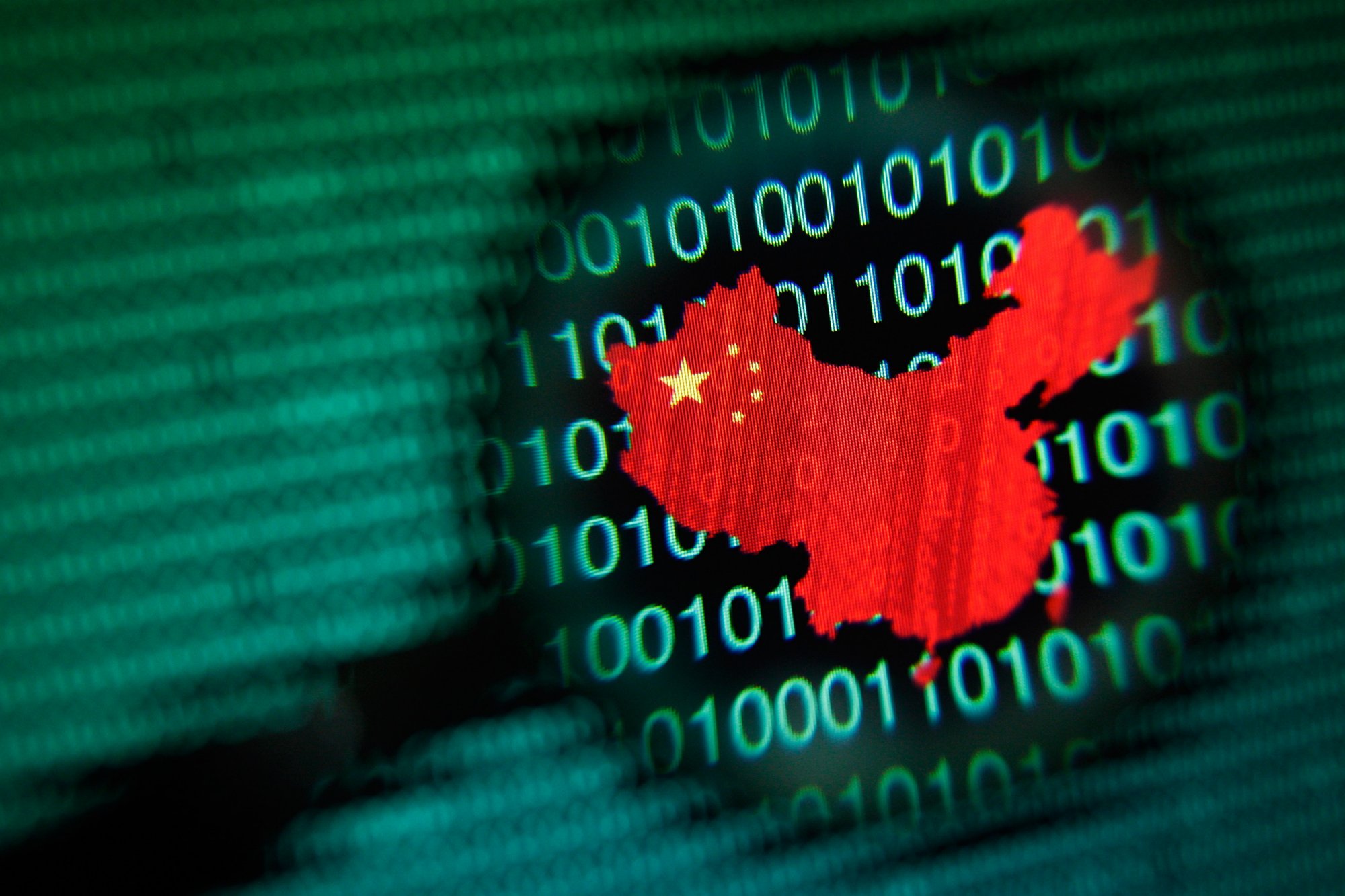Wall Street Journal publishes highly classified “leaked” materials proving Chinese telecom giant Huawei uses its tech to SPY on its enemies
02/12/2020 / By JD Heyes

For months the Trump administration and the Pentagon have been trying to convince our NATO and European allies not to allow Chinese telecom giant Huawei to build the continent’s 5G network, despite the fact that equipment made by the firm is much cheaper than comparable gear made by U.S. and European competitors.
The reason why the administration is so adamant about ditching Huawei is because U.S. intelligence agencies along with American tech firms have plenty of evidence proving their central point: That allowing Huawei to build the next-gen Internet would give Beijing’s military and intelligence operatives back doors into highly sensitive corporate and government data.
In recent days, British media reported a tense telephone exchange between President Donald Trump and newly installed British Prime Minister Boris Johnson, who is supposed to be an avid ally. Trump effectively chewed out Johnson over his decision to use Huawei to build “non-core” elements of Britain’s 5G network, trying to explain that the security risks were too great.
Indeed, Trump is right. Even if the U.S. builds its own network and Europe uses Huawei, the U.S. is at risk because of our membership in NATO and because of American-European ties regarding business, trade, law enforcement, intelligence-sharing, and other activities.
But, as Zero Hedge noted Tuesday, the Trump administration is obviously upping its pressure campaign. Someone within the White House authorized the leak of highly sensitive information regarding Huawei’s activities to The Wall Street Journal, which was no doubt intended for consumption by our British ally.
In particular, the WSJ reported:
U.S. officials say Huawei Technologies Co. can covertly access mobile-phone networks around the world through “back doors” designed for use by law enforcement, as Washington tries to persuade allies to exclude the Chinese company from their networks.
Intelligence shows Huawei has had this secret capability for more than a decade, U.S. officials said. Huawei rejected the allegations.
The U.S. government kept this highly classified intelligence secret until late last year, when American diplomatic officials provided the evidence to their counterparts in Germany and the U.K. That was a reversal from earlier U.S. policy, when, in the past, officials in Washington argued they didn’t need to provide hard evidence of the threat.
Huawei does not disclose this covert access to its local customers
According to the WSJ, telecom equipment makers are required by law to build into their hardware ways that authorities can access networks for the purposes of law enforcement and intelligence-gathering. (Related: Deep State arrests top Chinese telecom exec without telling POTUS Trump as he dines with Xi: Was it a setup?)
They also must build the gear in a way that manufacturers cannot gain access themselves without getting the permission of the network operator.
However, the paper said, quoting U.S. officials, Huawei builds its equipment in such a manner that secretly keeps the manufacturer’s ability to access networks without the carrier or operator knowing it. In other words, the company builds its equipment so that it doesn’t have to ask operators for permission to access their networks.
And of course, all corporations in China are controlled directly or indirectly by the Communist regime.
“We have evidence that Huawei has the capability secretly to access sensitive and personal information in systems it maintains and sells around the world,” said National Security Adviser Robert O’Brian, the WSJ reported.
“Huawei does not disclose this covert access to its local customers, or the host nation national-security agencies,” said another unnamed senior U.S. official.
American officials did not disclose whether they had actually seen Huawei use its equipment to covertly access networks, and they also did not provide any details about the alleged backdoor access. But some did say the U.S. has been aware of the issue since observing it in 2009, in older 4G gear.
Bottom line: While Huawei officials have said they have never been asked by the Chinese government to spy on Beijing’s behalf, clearly the backdoor exists for a reason.
Sources include:
Tagged Under: 5g, backdoor, Britain, China, espionage, Europe, Gear, Germany, hardware, Huawei, internet, NATO, network, spying, telecom, U.S. intelligence
RECENT NEWS & ARTICLES
COPYRIGHT © 2017 INFORMATIONTECHNOLOGY.NEWS



















